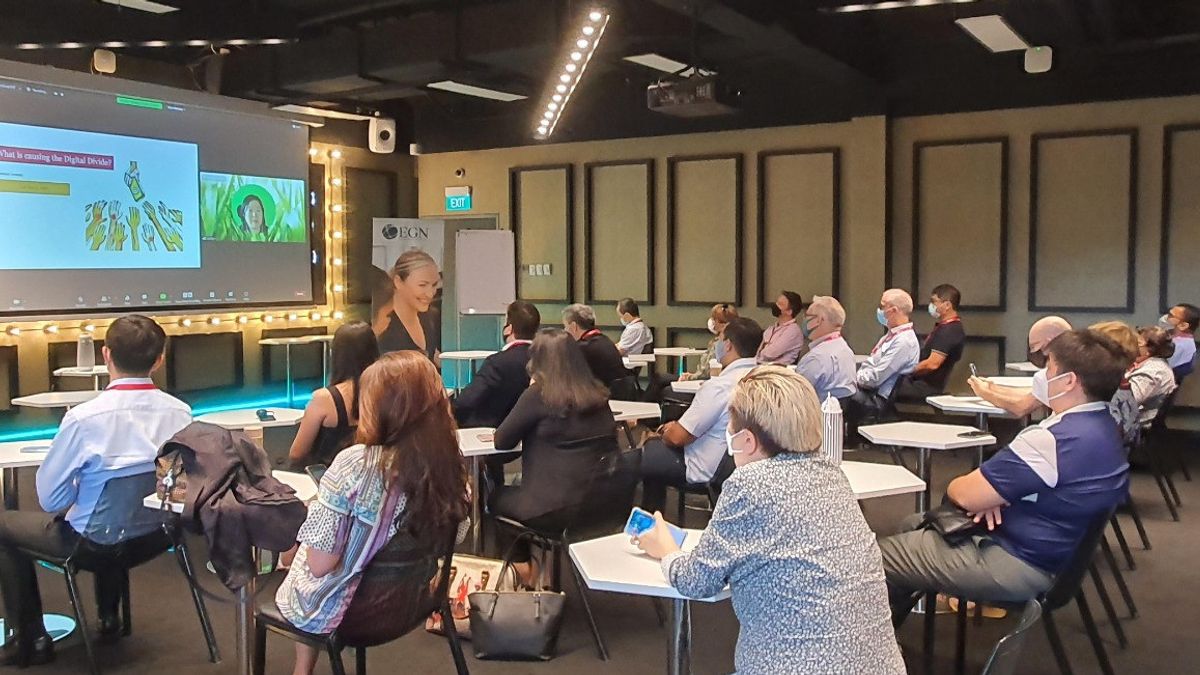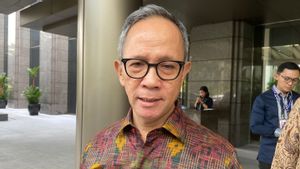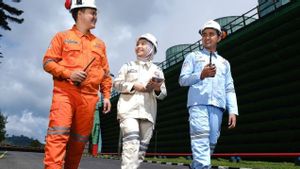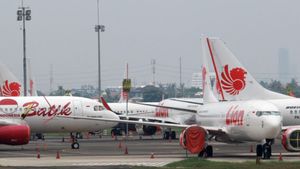JAKARTA - Leadership is never a constant framework because it must be adapted to current conditions. As humanity moves away from the most difficult period in modern history, should leadership be revolutionized into a post-COVID-19 setting? The Center for Management and Organization Effectiveness (CMOE) recently reported that leadership styles determine the level of loyalty of people to their organizations and determine overall quality of a leader.
It was further stated that people look for four characteristics in a leader: 1) Communication skills (45.2 percent); 2) interpersonal skills (44.2 percent); 3) Values and ethics (41.9 percent); and 4) Personal attributes (30.2 percent). These findings suggest that, apart from professional skills, interpersonal skills that emphasize kindness, reciprocal emotional relationships, and compassion are equally important.
The progress of civilization is unavoidable as information becomes more accessible through digitization. People are becoming more aware of their professional boundaries and ideal lifestyle. This incident has successfully pushed businesses to face new challenges in recruiting new talent in the post-COVID-19 era.
Job destruction metrics are no longer dependent on financial incentives offered because work culture, company prospects, and leadership styles of business leaders have started to become the main considerations of society in choosing jobs in the current status quo.
As the pandemic has begun to change the way people work and live, it is important to note that having a quality organization is not enough to keep people. Organizations must continue to practice good and wise leadership that upholds moral foundations and makes people feel valued.
EGN Indonesia Co-Founder and Managing Director Dona Amelia strongly believes that kindness and compassion are the keys to intimate interconnectivity that allows people to share burdens during difficult times.
"Humans have become heavier and more difficult during the post-COVID-19 era," she explained in a written statement, Thursday, July 28.
Building meaningful relationships in professional or non-professional settings helps leaders and their people reduce the complexity and suffering that many people experience. And people will never forget the figure of a leader who held their hand and stood by them to help them through it. these hard times.
According to a scientific study conducted by the University of Warwick, UK, good leadership gives people warmth, trust and empowerment. It further said that kindness in leadership has been shown to influence people's happiness, and happier people are 12% more productive than those who are not.
If kindness and compassion are the keys to good leadership in today's modern world, the question remains. What must leaders do to be good leaders? - Make kindness their main driving force in leadership. Leaders need to connect with their people to be appreciated and heard.- Compassionate and supportive when leading as compassionate leadership can create a healthy organizational environment and ecosystem.- Commitment to being the best version of yourself. Leaders cannot serve others if they remain stagnant in their current professional and interpersonal qualities. This is why leaders must be able to continually improve themselves to pave the way for themselves, their people, and their organizations. Assume there is a professional platform that can teach leaders the basic principles of what it means to be a good leader. A platform for leaders to meet and share with like-minded individuals who can entertain qualified professional concerns, feedback and ratings.
A platform that can serve as a meeting place where leaders can build a network of quality colleagues. Founded in 1992, the Global Network of Executives (EGN) is now the second largest peer-based business leader and pioneer organization, with nearly 14,000 members, representing more than 8,000 organizations/companies and 70 job lines from 14 countries.
“We believe that providing business leaders with the right ecosystem to help them grow will make the process of being a good leader much more constructive. EGN can provide this environment for leaders to simulate professional discussions to examine leadership challenges and understand how to navigate through challenging circumstances.”
As the fastest growing economy in Southeast Asia, Indonesia is no exception to the benefits of peer networks. Our members can participate in a growing community, which includes six in-person peer group meetings, 12 in-person cross-functional events, 24 virtual cross-functional meetings, and four networking events each year.
In addition, each peer group is assembled by our experienced network consultants to ensure that it is appropriate to the member's professional level and discipline.
The English, Chinese, Japanese, Arabic, and French versions are automatically generated by the AI. So there may still be inaccuracies in translating, please always see Indonesian as our main language. (system supported by DigitalSiber.id)













